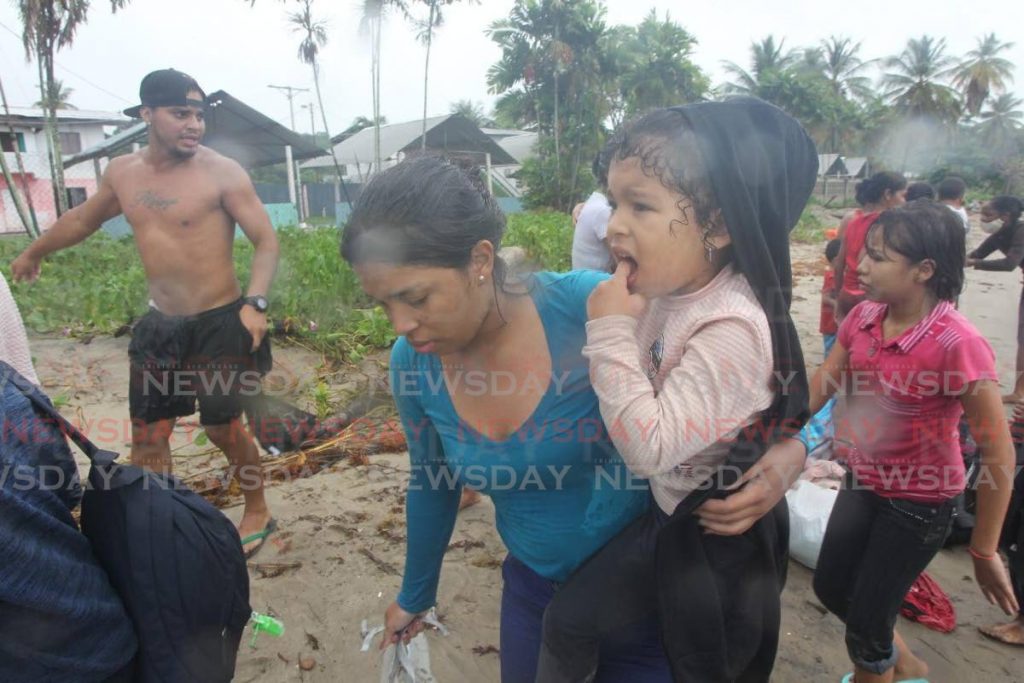Funding coming for migrant relief

On Monday, the European Union approved humanitarian assistance totalling US$3.3 million for the protection, education and health of Venezuelan refugee and migrant children in Trinidad and Tobago, Brazil, Colombia, the Dominican Republic, Ecuador and Peru. The funding will be implemented by the UN Children's Fund until March 31.
This is only the most recent action the EU has taken in the region to address the challenges faced by Venezuelan migrants. In May 2020, the EU's External Action Service hosted a conference of international donors to address emerging issues with Venezuelan refugees and migrants.
These interventions happen at different levels and in partnership with a range of agencies, including the Red Cross, UN Refugee Agency and Save the Children.
The EU is also funding the Response to Recovery – Covid19 project, which addresses the daily challenges faced by Venezuelan migrants, with financing in the sum of US$19.4 million. That project is being implemented by Team Europe in all six countries and in TT through a direct grant to the local Red Cross.
But that money, spread across the entire scope of the regional Venezuelan diaspora, won't make enough of a difference without more proactive action from the TT Government.
One-sixth of Venezuela's population, 5.5 million people, has fled the country. The Caribbean region is estimated to host 224,000 Venezuelan migrants, most of whom are dramatically underserved.
TT, relative to other countries, has received a small percentage of the migrant population. Peru is coping with a million migrants, concentrated in Lima, a city of 9.7 million. Almost half have claimed asylum.
Colombia, which shares a border with Venezuela, has an influx of 1.8 million migrants. Both Peru and Colombia have worked to integrate the refugee population into their societies.
The TT Government acknowledged a refugee population of 16,523 by June 2019, yet has reneged on many of its commitments as a signatory to the Status of Refugees Convention, pretended that the language barrier isn't an issue, and has engaged in refoulement: returning refugees to a potentially dangerous situation.
To be effective, funding must fuel each nation's strategy for accommodating its new migrant population. In TT, that must start with clearer positioning and a process for managing the Venezuelan refugee population. The government has generally dealt with the migrants as if they were a transient problem, soon to be solved. That hasn't happened.
The 2021 plan of the Inter-Agency Coordination Platform for refugees and migrants from Venezuela, an axis of aid agencies, details action that will be taken despite the TT Government, rather than in collaboration with it.
As much as it wants to, the EU cannot begin to help sovereign nations with these problems until they commit to a sensible strategy that formally addresses these issues.


Comments
"Funding coming for migrant relief"